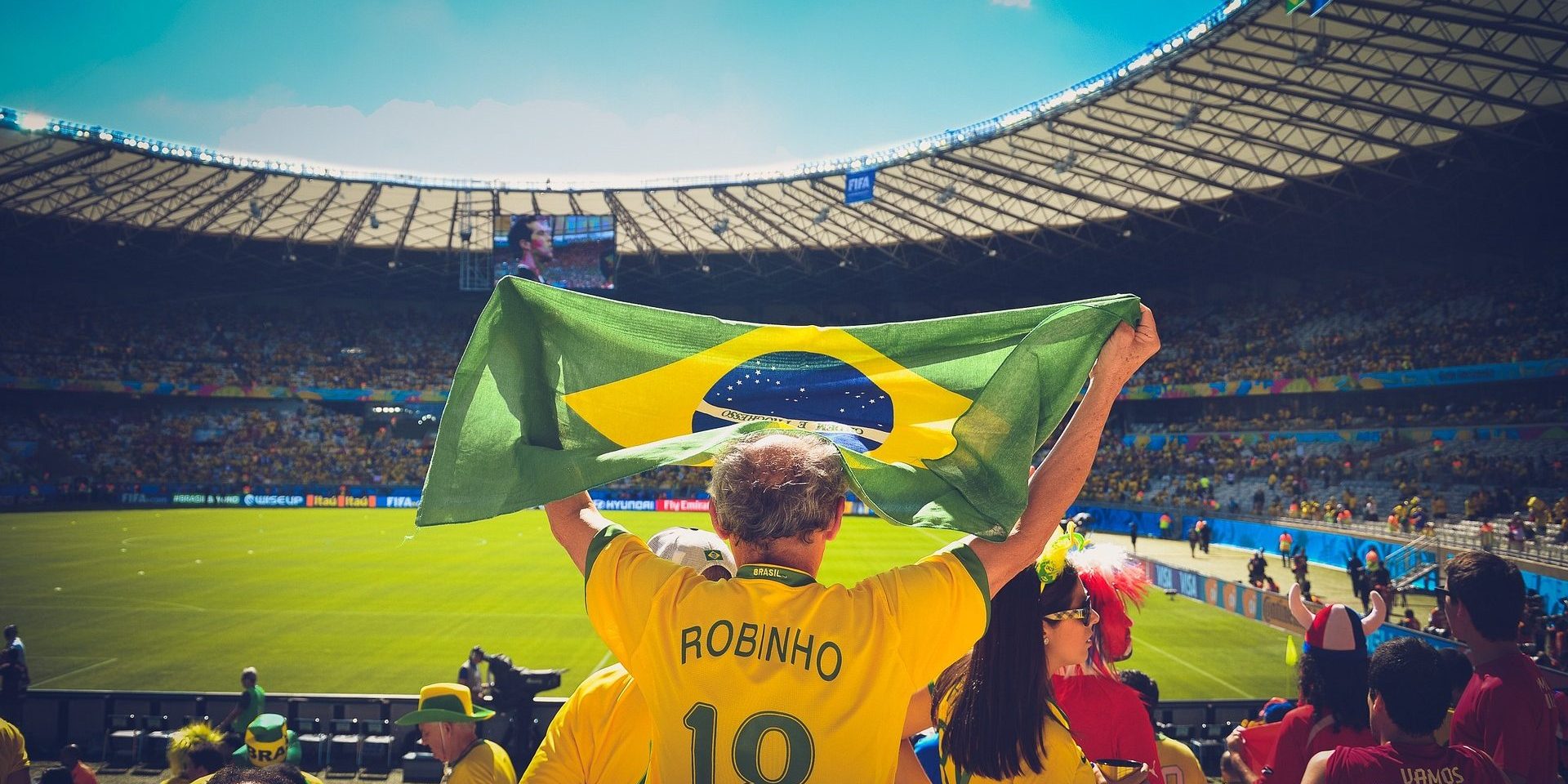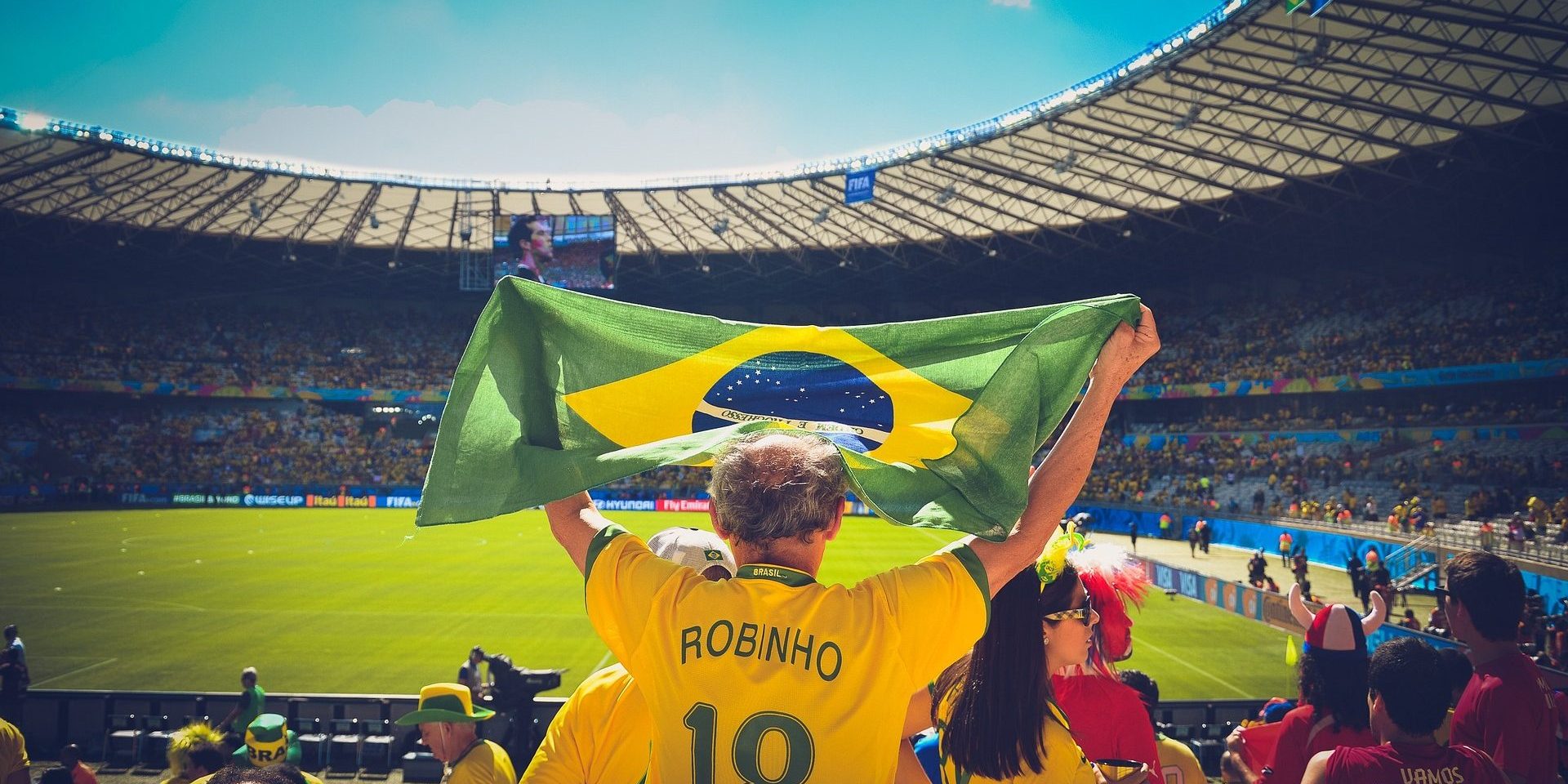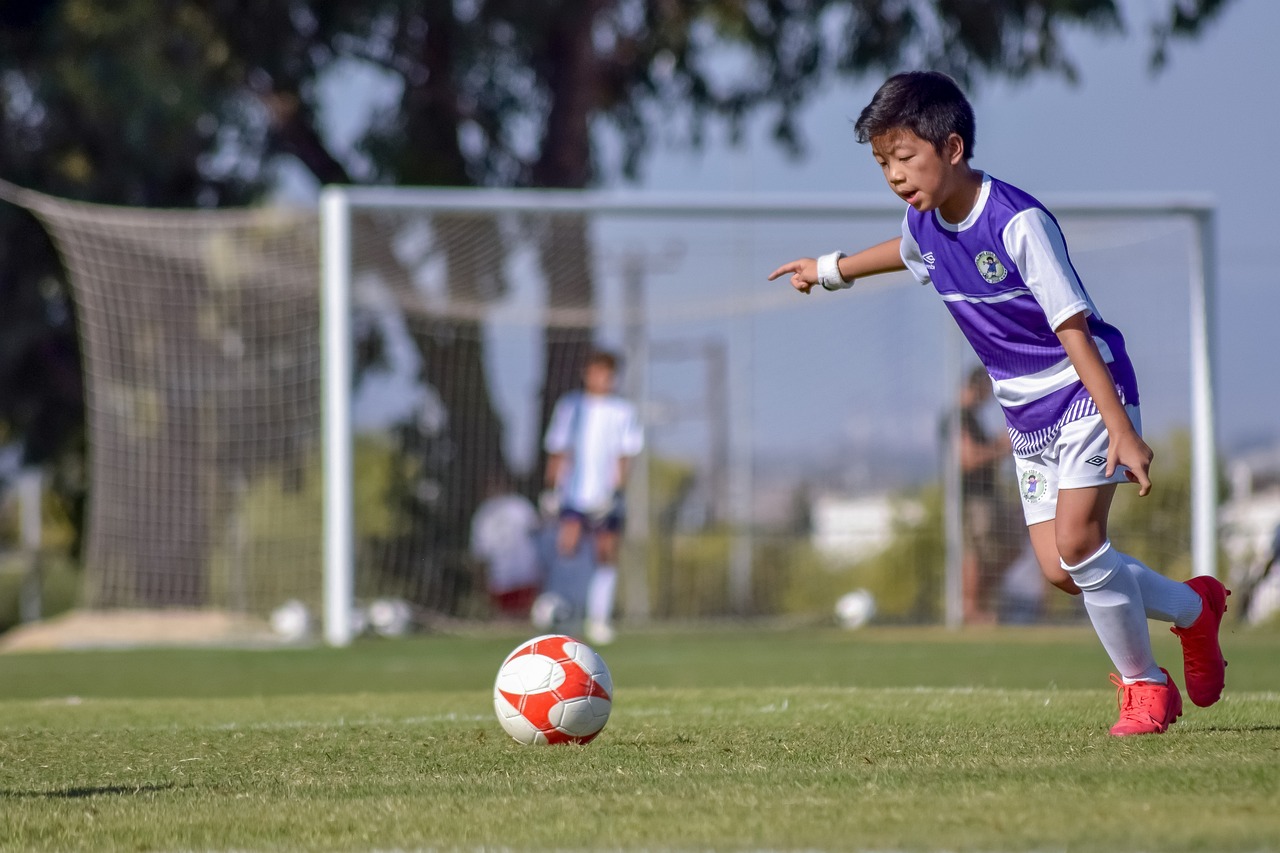Why Is There An Age Limit For Olympic Soccer?


Table of Contents
The Olympic Games are an international multi-sport event that is held every four years. The Olympic Games are unique in that they are only open to amateur athletes, meaning that athletes are not allowed to be paid for their participation. In order to ensure that the Olympic Games remain a competition for amateur athletes, the International Olympic Committee (IOC) has set rules regarding the eligibility of athletes to participate. One of these rules is the age limit for soccer players, which is currently set at 23, with a maximum of three overage players allowed per team.
Why is there an age limit for Olympic soccer? There are a few reasons why the IOC has set an age limit for soccer players in the Olympic Games. One reason is to ensure that the Olympic Games remain a competition for amateur athletes. Many professional soccer players are paid to play for their clubs and national teams, and if they were also allowed to compete in the Olympics, it could potentially blur the line between amateur and professional athletes. By setting an age limit, the IOC can ensure that only amateur athletes are competing in the Olympic Games.
Another reason for the age limit is to give younger players an opportunity to compete at the highest level. Many young soccer players aspire to compete in the Olympic Games, and the age limit gives them a chance to do so. It also allows for the development of new talent and the introduction of new faces to the international soccer stage.
Noteworthy Olympic soccer matches
There have been many memorable Olympic soccer matches over the years. Here are a few examples:
- 1992 Summer Olympics: The 1992 Summer Olympics in Barcelona marked the first time that an age limit was introduced for soccer players in the Olympic Games. The age limit was set at 23, with a maximum of three overage players allowed per team. In the final, Spain defeated Poland to win the gold medal, with the Spanish team featuring a number of talented young players, including Andoni Zubizarreta and Julio Salinas.
- 1996 Summer Olympics: The 1996 Summer Olympics in Atlanta featured an exciting soccer tournament, with a number of notable teams competing. In the final, Nigeria defeated Argentina to win the gold medal, with Nigerian striker Nwankwo Kanu scoring two goals in the match.
- 2000 Summer Olympics: The 2000 Summer Olympics in Sydney saw Cameroon defeat Spain in the final to win the gold medal. The Cameroonian team was led by Samuel Eto’o, who would go on to become one of the greatest African soccer players of all time.
- 2012 Summer Olympics: The 2012 Summer Olympics in London featured an exciting soccer tournament, with Brazil and Mexico reaching the final. Brazil ultimately defeated Mexico to win the gold medal, with Brazilian striker Neymar scoring the winning goal.
Why Is There An Age Limit For Olympic Soccer? – Key Takeaways
In conclusion, there is an age limit for Olympic soccer because the IOC has set rules regarding the eligibility of athletes to participate in the Games. These rules are designed to ensure that the Olympics remains a competition for amateur athletes, rather than professional athletes. The age limit for soccer is currently set at 23, with a maximum of three overage players allowed per team, and has been in place since the 1992 Summer Olympics in Barcelona. There have been many memorable Olympic soccer matches over the years, with a number of talented young players competing and showcasing their skills on the international stage.
Why Is There An Age Limit For Olympic Soccer? – FAQs
What is the age limit for soccer players in the Olympic Games?
The age limit for soccer players in the Olympic Games is currently set at 23, with a maximum of three overage players allowed per team. This means that all players on a soccer team must be 23 years old or younger, with the exception of up to three players who can be older than 23.
Why is there an age limit for Olympic soccer?
There are a few reasons why the International Olympic Committee (IOC) has set an age limit for soccer players in the Olympic Games. One reason is to ensure that the Olympic Games remain a competition for amateur athletes. Many professional soccer players are paid to play for their clubs and national teams, and if they were also allowed to compete in the Olympics, it could potentially blur the line between amateur and professional athletes. By setting an age limit, the IOC can ensure that only amateur athletes are competing in the Olympic Games. Another reason is to give younger players an opportunity to compete at the highest level and to allow for the development of new talent.
When was the age limit for Olympic soccer introduced?
The age limit for Olympic soccer was introduced at the 1992 Summer Olympics in Barcelona and has been in place ever since.
Are there age limits for other sports in the Olympic Games?
Yes, there are age limits for some other sports in the Olympic Games as well. These age limits vary by sport and are set by the international governing body for that sport in conjunction with the IOC. For example, the age limit for gymnastics is currently set at 16, while the age limit for boxing is set at 40.
Have there been any notable Olympic soccer matches?
There have been many memorable Olympic soccer matches over the years. Some examples include the 1992 Summer Olympics in Barcelona, where Spain defeated Poland to win the gold medal, and the 2012 Summer Olympics in London, where Brazil defeated Mexico to win the gold medal.










